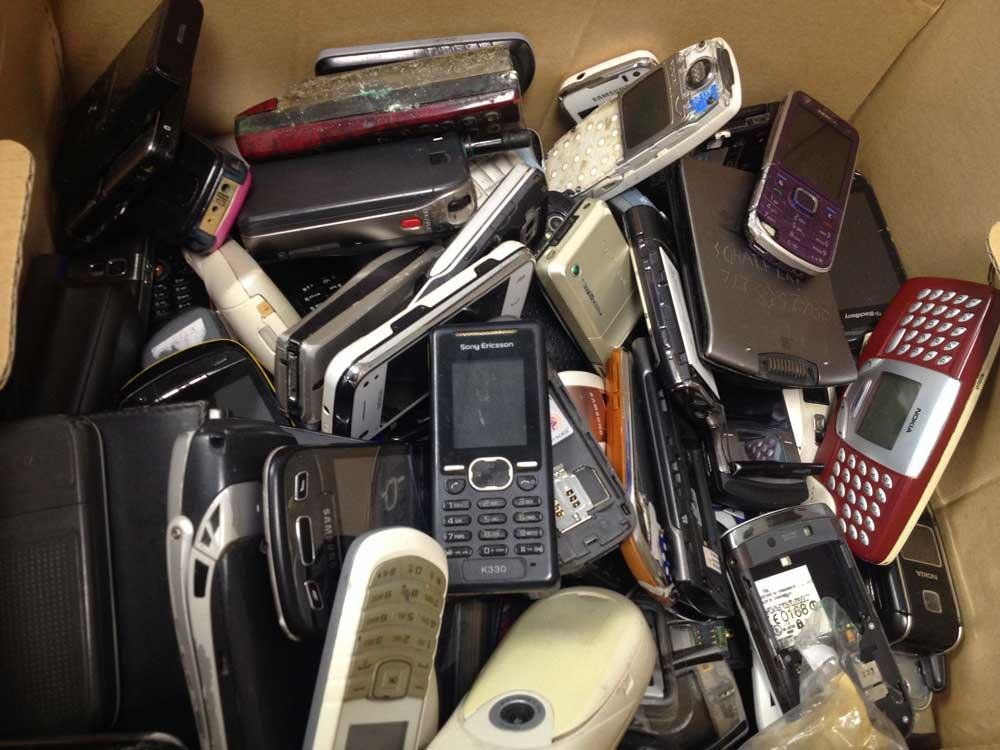Electronic Waste Recycling and Disposal Centers: Nurturing a Greener Tomorrow
Introduction
In our rapidly advancing technological era, electronic devices have become an integral part of our daily lives. From smartphones to laptops and beyond, our reliance on electronic gadgets has led to a surge in electronic waste, commonly known as electronic waste. This article aims to shed light on the significance of electronic waste recycling and disposal centers, exploring their role in mitigating environmental hazards and promoting a sustainable future.
Understanding Electronic Waste
Electronic waste encompasses a broad spectrum of discarded electronic devices. These can range from small appliances like toasters to larger items such as refrigerators and televisions. The accumulation of electronic waste poses a serious threat to the environment due to the hazardous materials present in these devices.
- Types of Electronic Waste
Categorizing electronic devices is crucial for effective recycling. The presence of various components like metals, plastics, and toxic materials requires specialized handling. Understanding the impact of different electronic waste components is essential for devising efficient recycling strategies.
- The Need for Recycling Centers
Improper disposal of e-waste can result in severe environmental consequences, including soil and water pollution. Recycling centers play a pivotal role in managing e-waste responsibly, preventing its detrimental effects on ecosystems and human health.
- Benefits of Electronic Waste Recycling
Recycling electronic waste not only conserves the environment but also facilitates resource recovery. Valuable metals and materials can be extracted from discarded devices, reducing the need for extensive mining and preserving natural resources.
Challenges Faced by Recycling Centers
Despite their crucial role, recycling centers encounter various challenges. Technological advancements leading to device obsolescence, coupled with economic and infrastructural barriers, pose obstacles in the efficient management of electronic waste.
- Government Initiatives and Regulations
To address the growing concern of e-waste, governments worldwide are implementing stringent regulations. Legal frameworks are essential for holding both consumers and manufacturers accountable for the proper disposal and recycling of electronic devices.
- Finding the Right Recycling Center
Choosing the right recycling center involves considering factors such as their environmental certifications, the range of services offered, and their proximity. Locating nearby recycling facilities ensures convenient and responsible e-waste disposal.
- The Recycling Process
The e-waste recycling process involves several stages, including collection, transportation, sorting, and dismantling. Understanding this process is crucial for appreciating the effort that goes into responsibly managing electronic waste.
Innovative Approaches in Electronic-waste Management
Beyond traditional recycling, innovative approaches involve transforming e-waste into art and design or reusing electronic components in creative ways. These initiatives contribute to reducing waste and raising awareness about sustainable practices.
- Creating Awareness
Educating the public about the importance of electronic waste management is vital. Promoting responsible consumer behavior, including extending the lifespan of devices and recycling old electronics, can significantly impact e-waste reduction.
- Global Electronic waste Statistics
An overview of worldwide e-waste generation highlights the scale of the problem. Regional disparities in recycling rates underscore the need for global collaboration to address the challenges of e-waste on a larger scale.
- Future Trends in E-waste Management
As technology evolves, so does the approach to e-waste management. The concept of a circular economy in electronics and advancements in sustainable technologies provide glimpses into the future of responsible e-waste disposal.
- Corporate Responsibility in E-waste
Leading companies are taking initiatives in e-waste management, adopting green practices in electronics manufacturing. Corporate responsibility plays a crucial role in minimizing the environmental impact of electronic devices.
- Tips for Responsible Electronic waste Disposal
Ensuring data security and understanding proper disposal methods for various devices are essential aspects of responsible e-waste disposal. Implementing these tips contributes to a safer and more sustainable electronic waste management system.
Conclusion
In conclusion, electronic waste recycling and disposal centers are indispensable in combating the environmental challenges posed by the increasing accumulation of e-waste. Individual responsibility, combined with government regulations and corporate initiatives, can pave the way for a greener and more sustainable future.
Frequently Asked Questions
- How can I find the nearest electronic waste recycling center?
- Utilize online directories or contact local environmental agencies for information on nearby recycling facilities.
- What happens to my old electronics after I drop them off at a recycling center?
- The recycling center will collect, dismantle, and process the electronic waste, extracting valuable materials for reuse.
- Are there any risks associated with improper e-waste disposal?
- Yes, improper disposal can lead to environmental pollution, as electronic devices often contain hazardous materials.
- How can individuals contribute to responsible e-waste management?
- Extend the lifespan of electronic devices, recycle old electronics, and stay informed about proper disposal methods.
- What role do governments play in e-waste management?
- Governments implement regulations and frameworks to ensure proper e-waste disposal, holding both consumers and manufacturers accountable.

